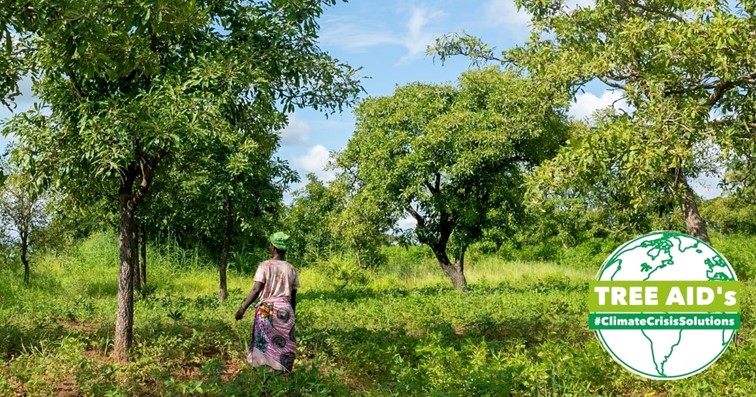
10 climate crisis solutions
For people living in the drylands of Africa, the impacts of the climate crisis are already having devastating consequences. Rising temperatures and changing weather patterns are making it harder for communities to grow enough food and survive.
But there is a solution. Here we share Tree Aid's 10 climate crisis solutions that we are working with communities in Africa's drylands to deliver.
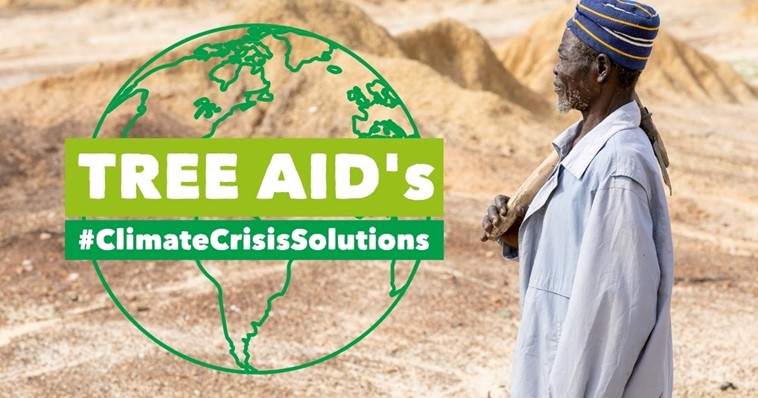
1. Plant a tree
Every tree that we plant not only helps to take carbon dioxide out of the atmosphere, but also improves soil fertility and stops erosion. Tree Aid grows one tree every 5 seconds on average to tackle the climate crisis.
Find out how trees are helping to tackle heatwaves in Africa's drylands.
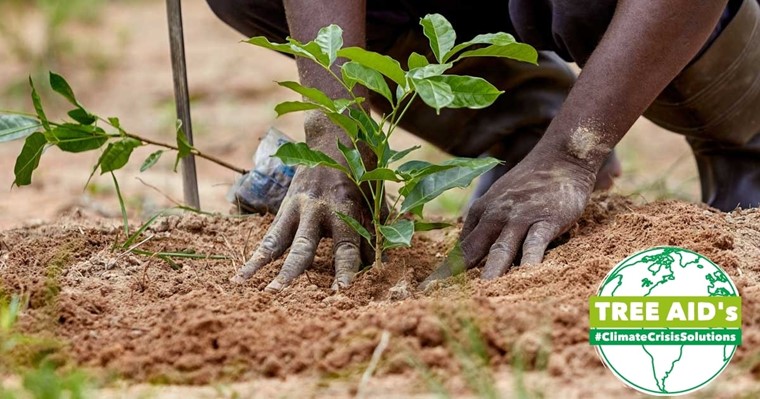
2. Use trees for food
As the climate changes, it is becoming more and more difficult for people to grow food on their infertile land. For people living on the frontline of the climate crisis, trees are a lifeline, providing nutritious fruits, nuts and seeds to eat all year round. We join forces with people in the drylands of Africa to improve food and nutrition.
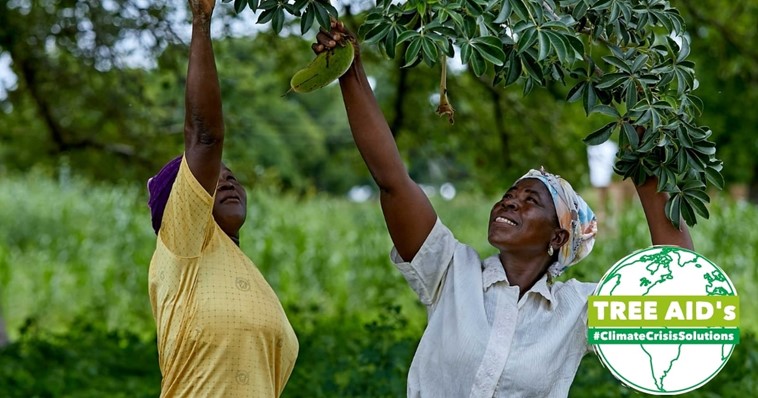
3. Grow sustainable incomes
Living on the frontline of the climate crisis is not easy. With limited ways to earn an income, more and more people have no choice but to chop down trees to sell as firewood.
We work communities to provide the support, training and tools they need to make a more sustainable income from trees – for example by processing shea nuts into shea butter to sell at market. This helps people to move away from these unsustainable practices.
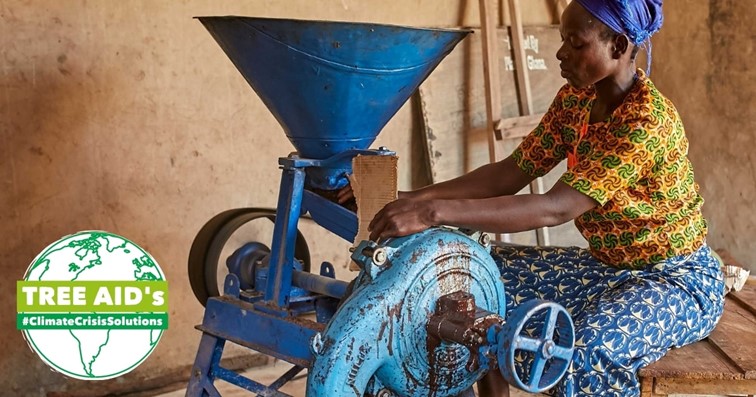
4. Improve the land
With the climate crisis now putting more pressure on the land than ever before, we are supporting people to improve their environment in order to build resilience and adapt to a changing climate.
We work with communities to grow trees that will help restore the land by fertilising the soil, preventing flooding and retaining water. We also train farmers in the soil and water conservation techniques they need to restore their land and improve their crop yields.
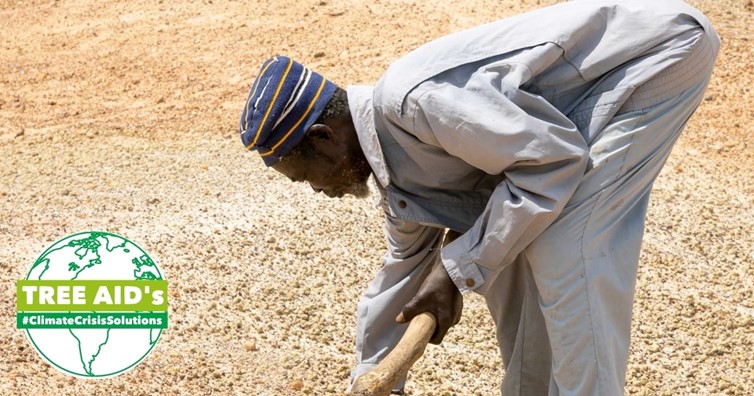
5. Reduce wood consumption
In the drylands of Africa, wood is needed for fires to cook food and boil water. With deforestation on the increase, it is becoming more difficult for communities to find enough firewood.
But a simple fuel-efficient stove provides an incredibly effective solution. Each of these stoves reduces the amount of wood needed by at least 50%, meaning fewer trees are cut down. You can gift a family a fuel-efficient stove today.
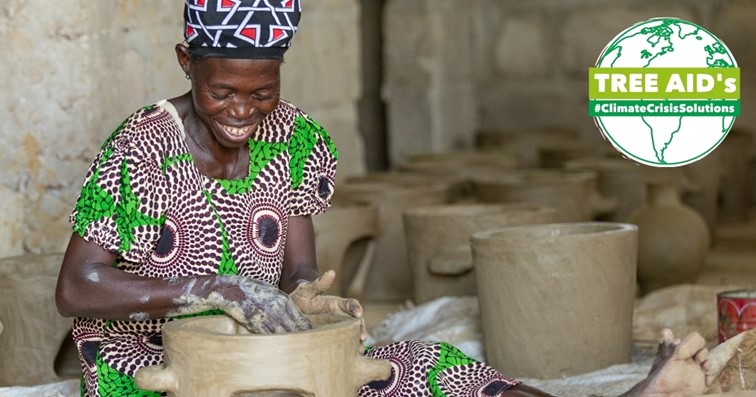
6. Push for change
We are always sharing our learning and expertise to push for change that protects trees, people's livelihoods and our planet. This helps to ensure that the needs of the people we work with are taken into account by local and national policy makers.
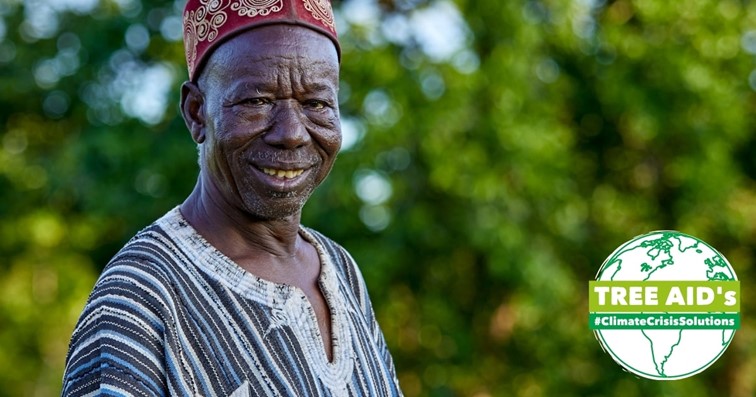
7. Give access to trees
Through our work, we also support communities to get access to the land they need and the right to plant and use trees. This means that people living on the frontline of the climate crisis can use trees to protect their environment and invest in their futures.
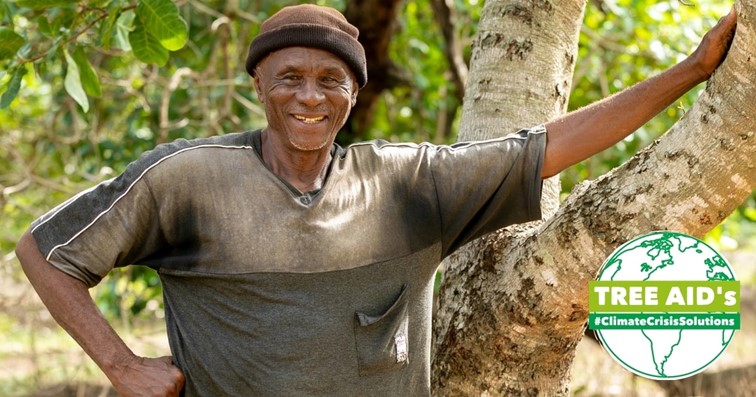
8. Restore rivers
Rivers provide an important source of water for people, animals and vegetation - but they are affected by the effects of the climate crisis. Tree Aid works with communities in the drylands of Africa to restore rivers that have become degraded by drought, flooding and soil erosion. Our work with Ecosia in Northern Ghana is helping to re-establish the Daka River as a reliable source of water all year round.
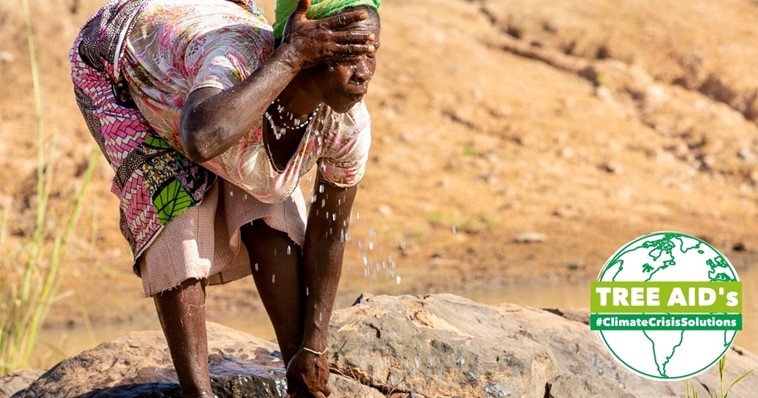
9. Restore biodiversity
In many of the places we work, high levels of poverty combined with a changing climate are putting great pressures on the natural biodiversity. As a result, both wildlife and the people depending on natural resources for survival are being put at risk.
Through our work in Niger’s Park W, we are helping to restore the biodiversity of the ecosystem, allowing the forest, wildlife and surrounding communities to exist and thrive in harmony.
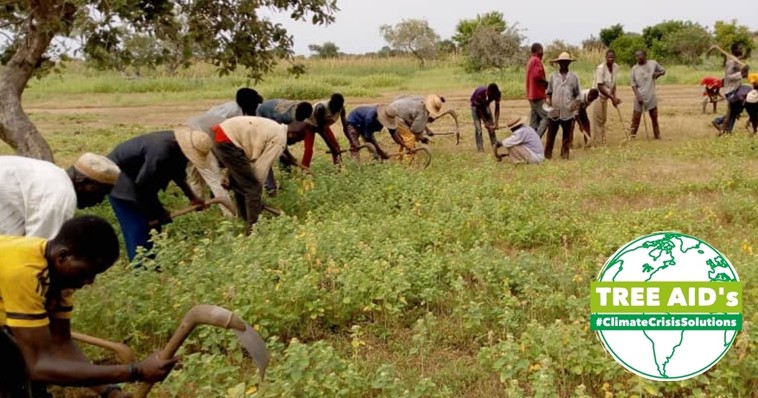
10. Build a Great Green Wall
All of the six countries where we work are signed up to the Great Green Wall initiative. That means that every piece of work we are doing now – and have been doing for the past three decades– plays an active contribution to the building of this Great Green wonder.
By growing trees and restoring land across Africa, we are helping to re-green the land for people living on the frontline of the climate crisis and also grow a vital carbon sink for the Earth that will help cool the planet and reverse climate change.
